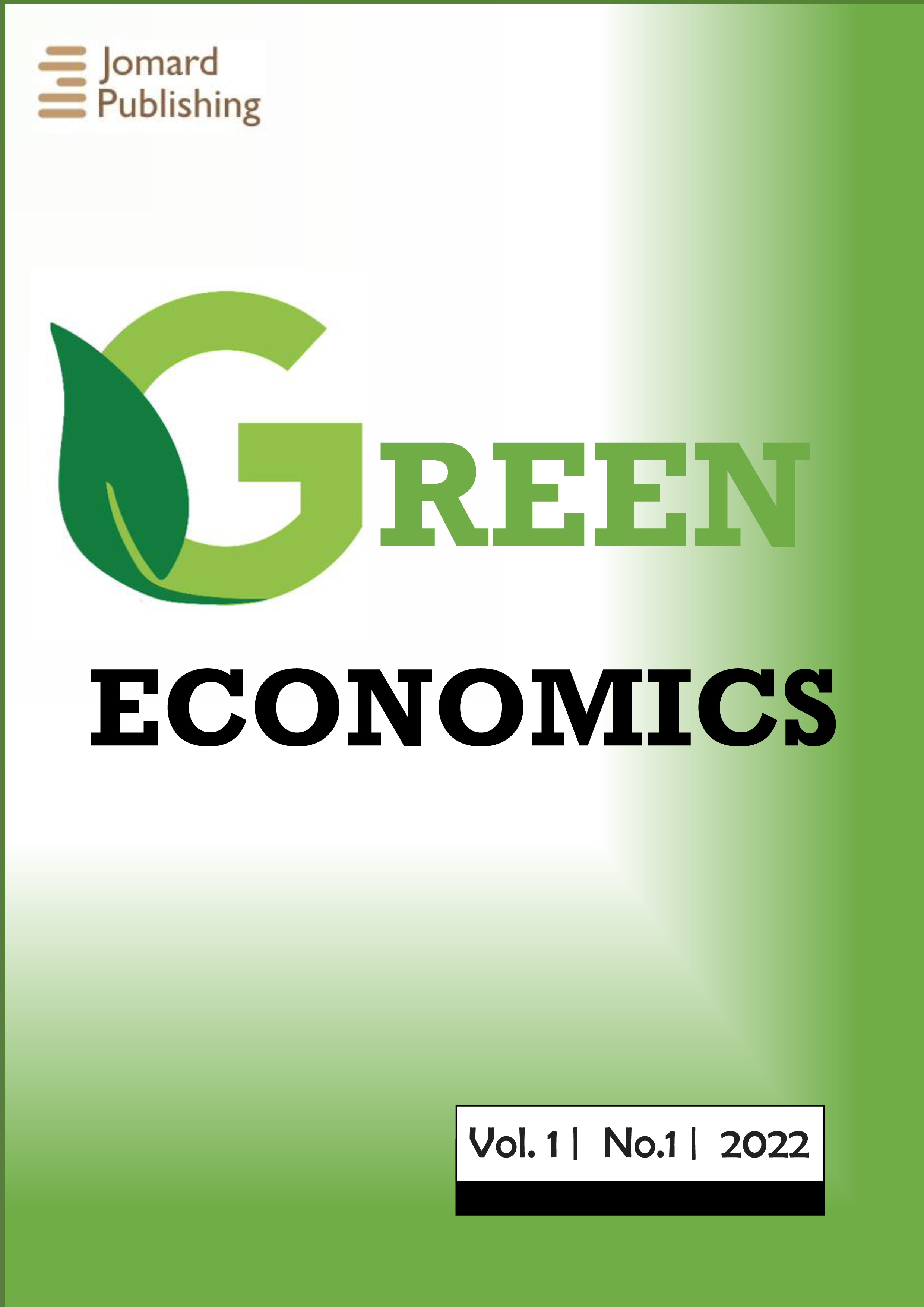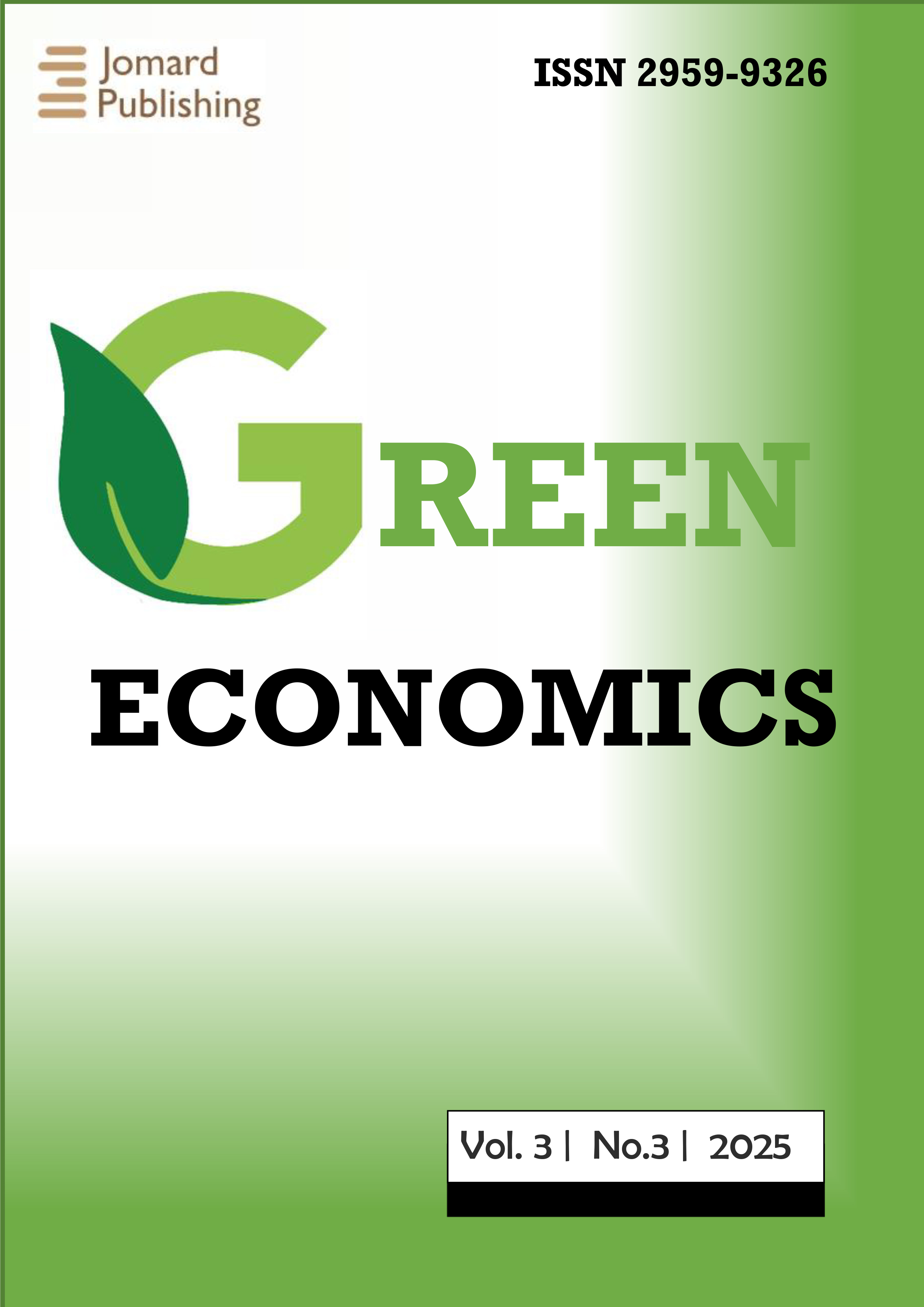Digitalization for Sustainability: The Role of AI and IoT in Optimizing Waste Management and Resource Efficiency
- Published: 22-09-2025
Share
Global waste generation is projected to reach 3.40 billion tons by 2050, overwhelming traditional linear management systems and exacerbating environmental degradation. This paper presents a comprehensive analysis arguing that the integration of Artificial Intelligence (AI) and the Internet of Things (IoT) is a foundational pillar for transitioning to a circular economy. By transforming waste streams into managed resource flows, these technologies enable unprecedented operational efficiency, environmental protection and economic value creation. Through a review of current applications, including smart collection, AI-powered sorting and predictive analytics-this paper demonstrates significant improvements in cost reduction, emission cuts and material recovery rates. It also critically addresses implementation challenges such as high capital expenditure, data security and the technological divide. The conclusion emphasizes that strategic investment and interdisciplinary policy are essential to harness digitalization for achieving global sustainability goals.
- View 359
- Downloads 68
- Saveds 0
- Citations (Crossref) 0

